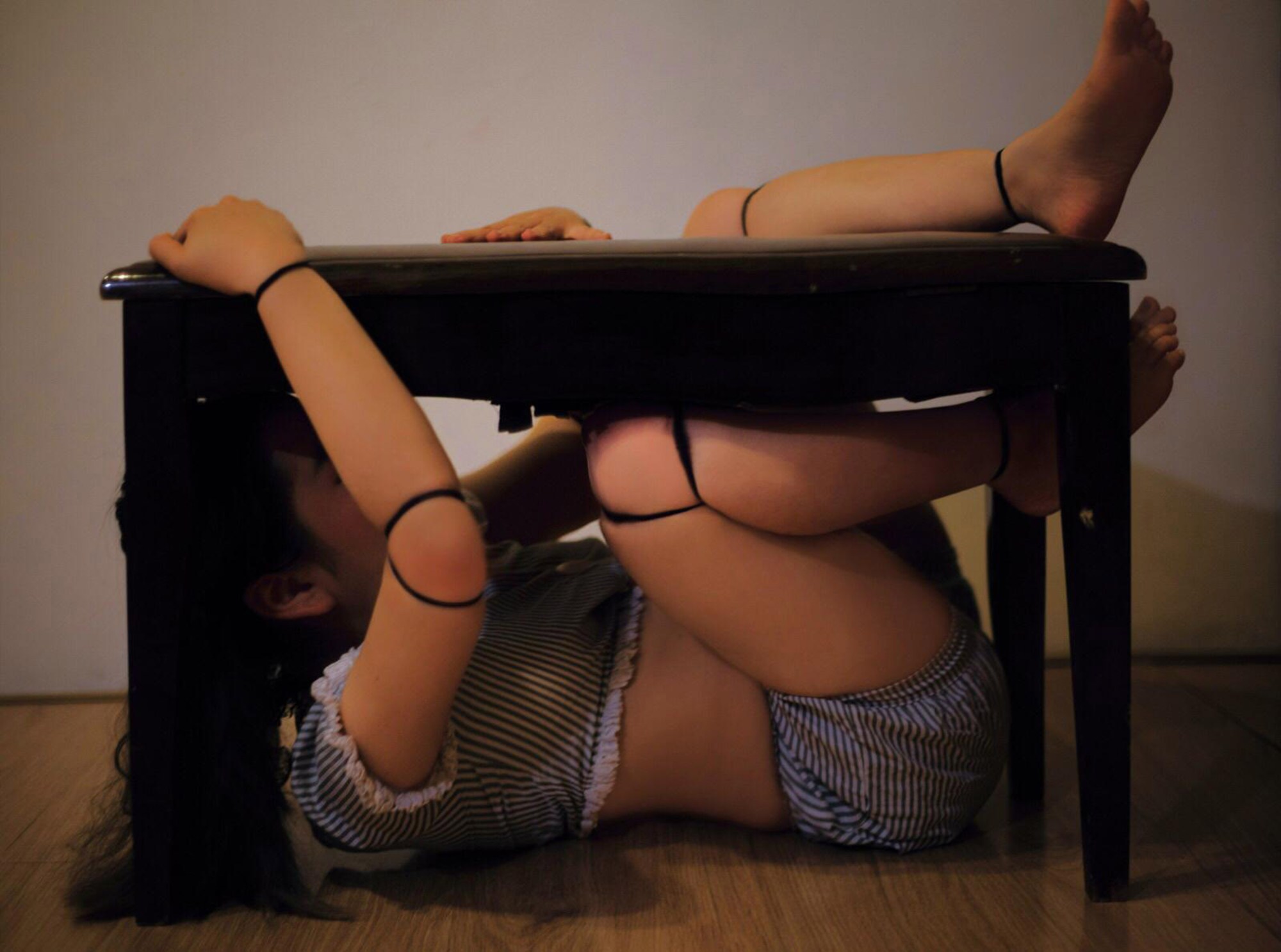In East Asian pop culture, ‘first love’ is a big deal. It’s one of the most common cliches in K-dramas and romantic animes, and it’s not abnormal for popstars to be quizzed about their first kiss. Growing up, Lean Lui was fixated on the idea of finding her first love. She was raised in Hong Kong by Chinese parents, and in her own family, everyone had married their first love. “I grew up thinking that the way people fall in love was under a blossom tree,” she says. “I thought the world was pure and perfect.”
Lean longed to find a love as enchanting as in the K-dramas she binged all night, but when she voiced this to friends, she was mocked for being childish and naive. Now 25, she realises romantic love is more complicated. People lie, they cheat, and chastity is scarcely practised. Still, she wasn’t ready to let go of her fantasy. So, instead, she crafted a perfect world through photography — a sanctuary of innocence and purity.
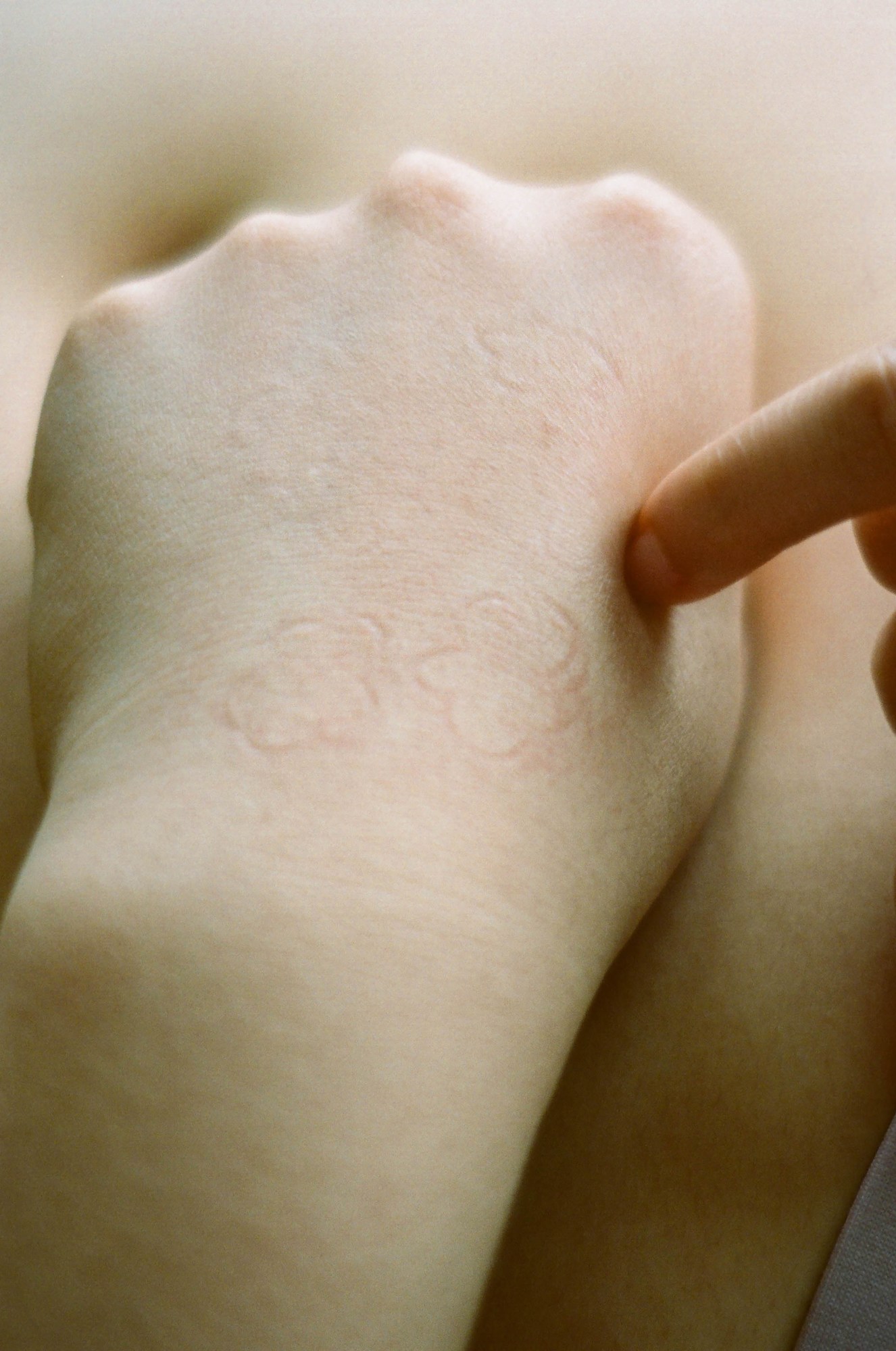
In this world, girls lounge on antique beds in soft silk and white lace, their hair plaited with ribbons that willow in the breeze. They pass time in a safe, hazy daydream, picking petals off flowers and blowing wishes out of dandelion seeds. These images open Lean’s upcoming photobook, but as the sequence progresses, this innocence is “contaminated”. The images become more sensual, building into a dark crescendo charged with discomfort and frustration. The work is aptly titled Aseptic Field, a scientific term used to describe a workspace that is protected from contamination. In that context, Lean’s book illustrates how innocent childhood fantasies can be corrupted, transforming into fear, disappointment and isolation.
Lean has been working on Aseptic Field for five years now, but she’s been making art about her personal life since she first picked up a camera as a child. Back then, she was using a digital point-and-shoot to photograph her little sister, who still features in most of her images today. Her first fully-formed project, made at 16, dealt with school bullying. “I had no friends at school,” Lean says. “I was depressed, so I decided to put it on film.” The work was widely shared online, leading to several media interviews and an exhibition. “I made that series because I felt isolated, but the outcome was that I became more connected to people. It was the first time I felt that photography could really mean something in my life.”
A few years down the line, Dior’s creative director, Maria Grazia Chiuri, spotted Lean’s work in an indie magazine and invited her to shoot a global campaign. Lean now works as a fashion photographer for clients like Vogue, Figaro, Alexander McQueen, and Gucci, which supports her fine art.
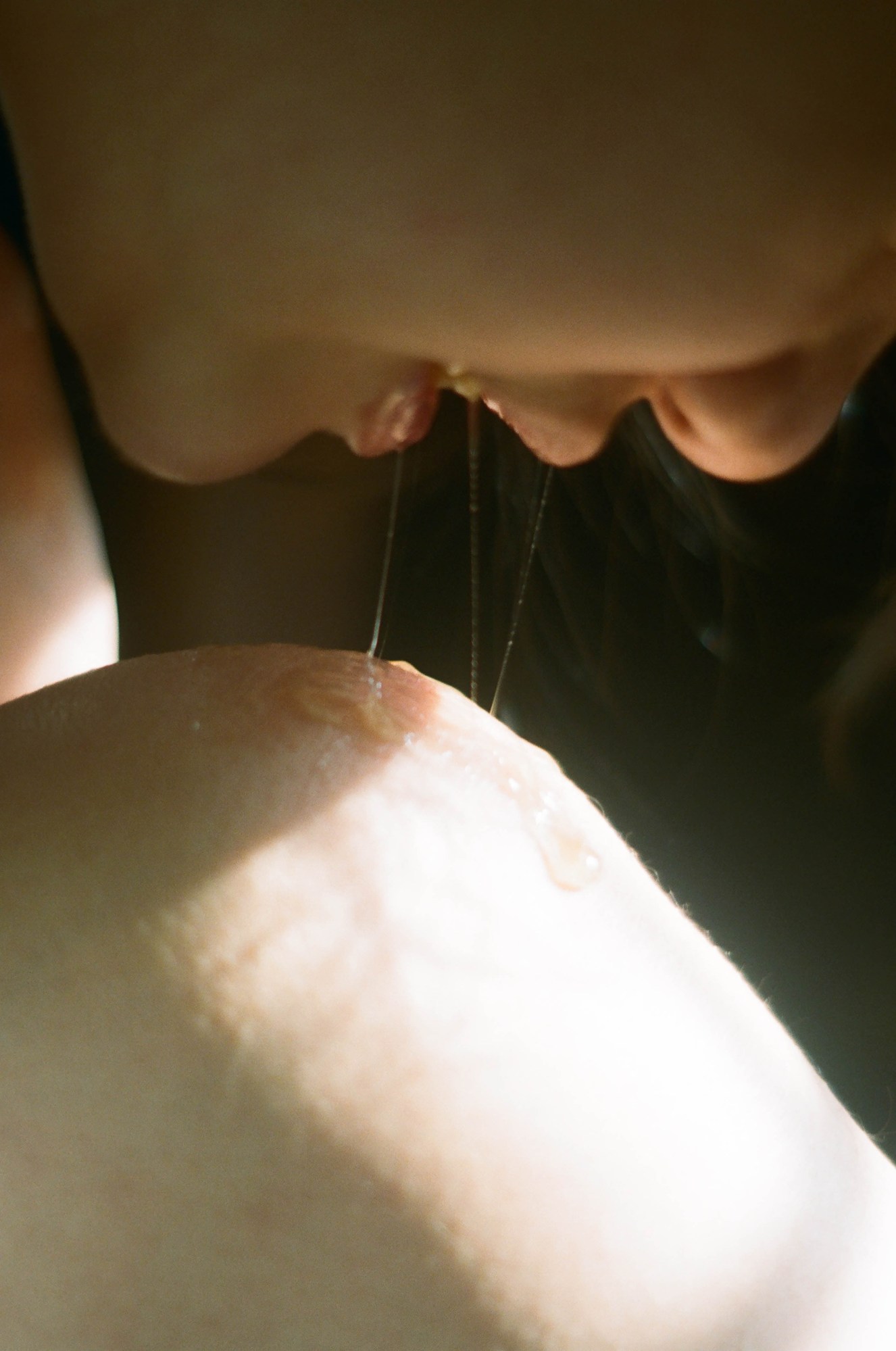
In 2020, Lean self-published her first photobook, <19.29>, a visual diary of her coming-of-age. “I have more life experience and a stronger self-consciousness,” she says. “This [book] shows how I feel when my value system collides with the reality of the world I live in.”
What’s interesting is that Lean never intended for these images to feel sexual at all. This is hard to believe in an image of two hands gently cupping a torso of a lizard, for example, or the one of saliva dribbling onto plump skin. “I didn’t do it on purpose,” she insists, laughing. “I don’t have any sexual experiences… but maybe the fantasy comes stronger because of that.” Some critics have accused her of making soft porn under the guise of “fine art”, but this doesn’t bother her. “I’m always curious and open to people’s reactions,” she says.
Lean is still looking for her first love. “Am I being too naive?” she asks. The artist’s sunny outlook on love and the world around her is endearing. She doesn’t judge other people’s sexual decisions, and these images aren’t an invitation to judge her’s either. Let girls be girls, and photos be photos. Perhaps how we choose to interpret these images can reveal more about our own desires, expectations and fantasies than the artist who made them.
‘Aseptic Field’ by Lean Lui is published by Setanta Books, available to pre-order.
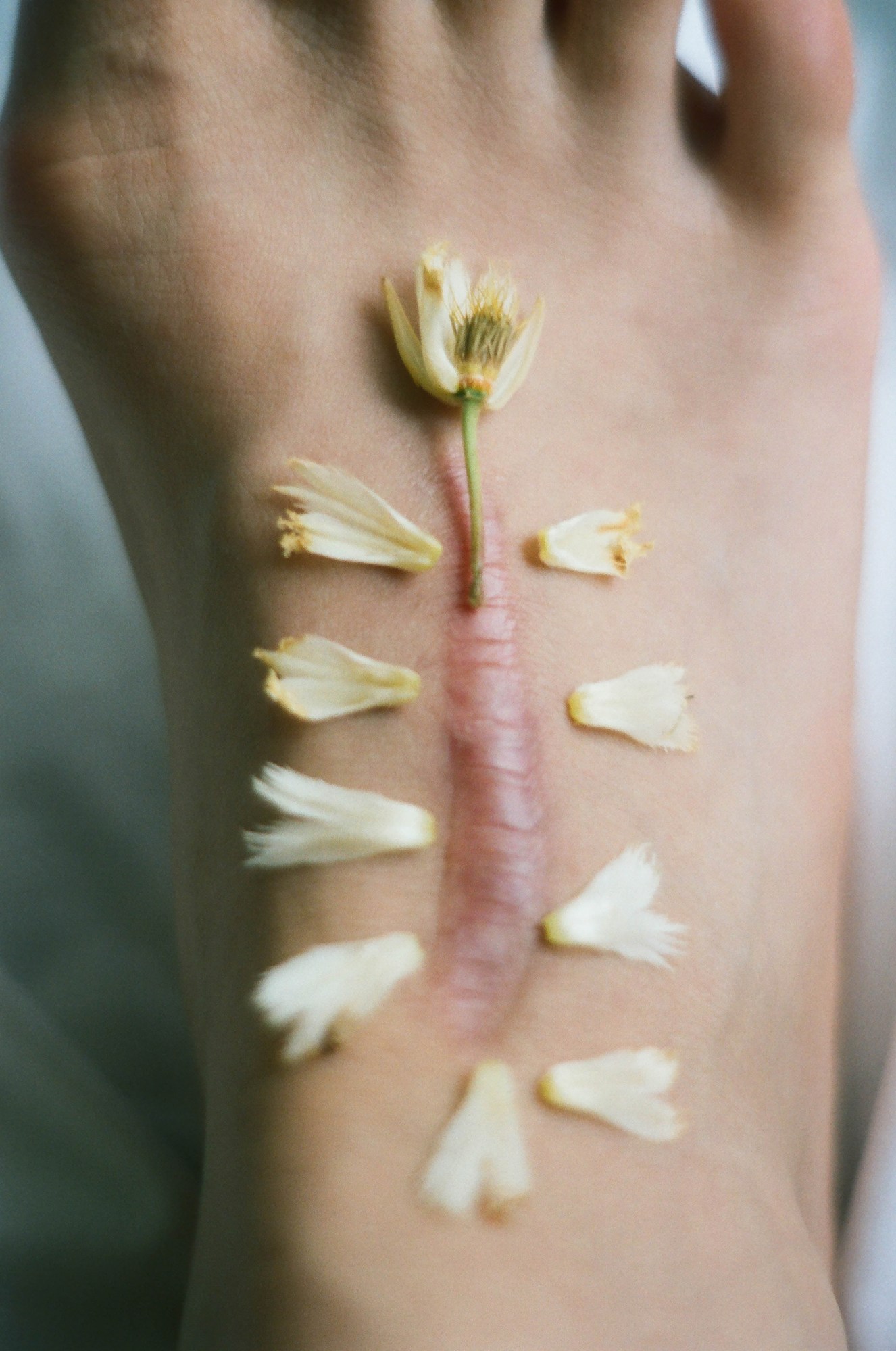
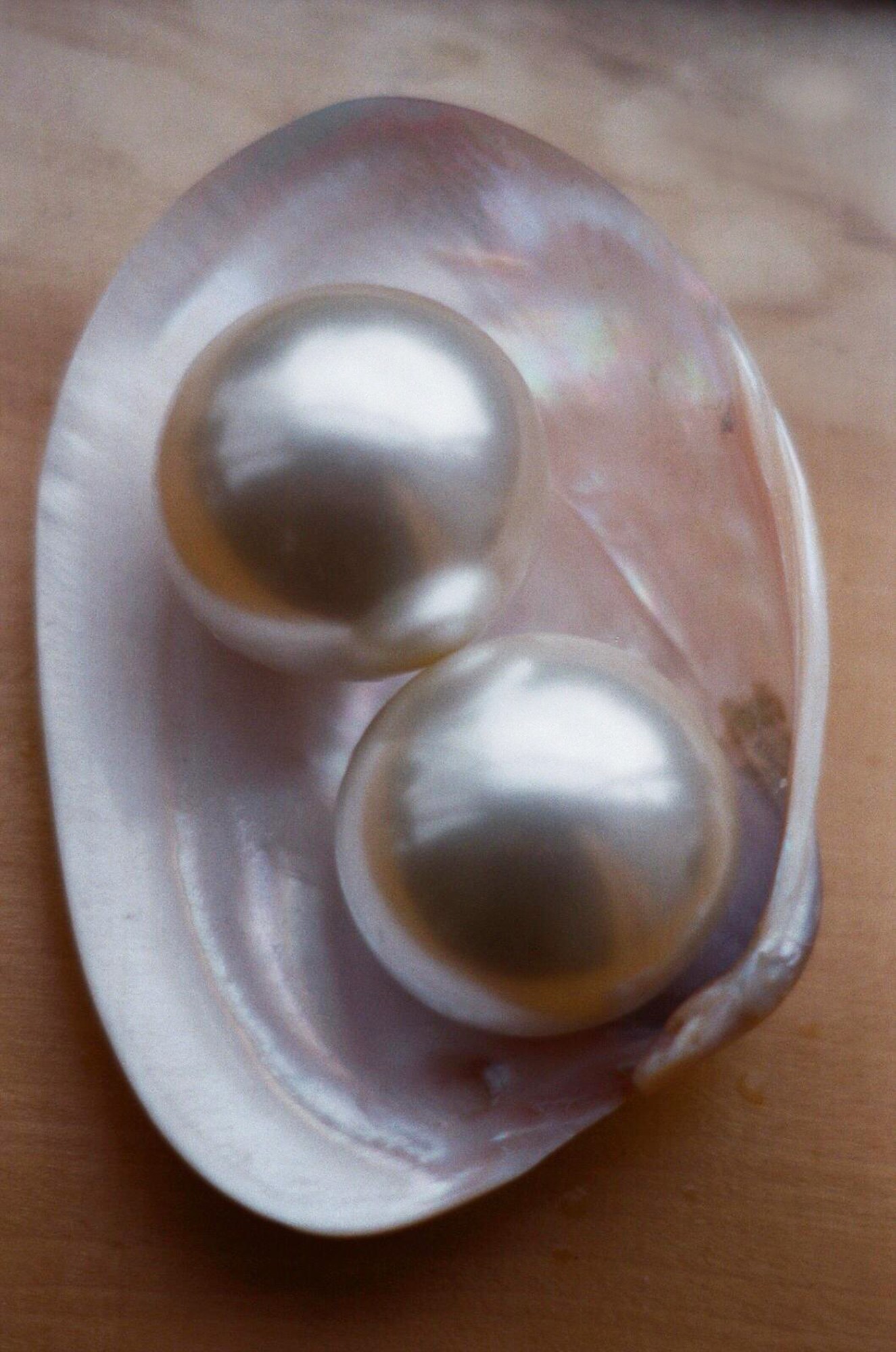
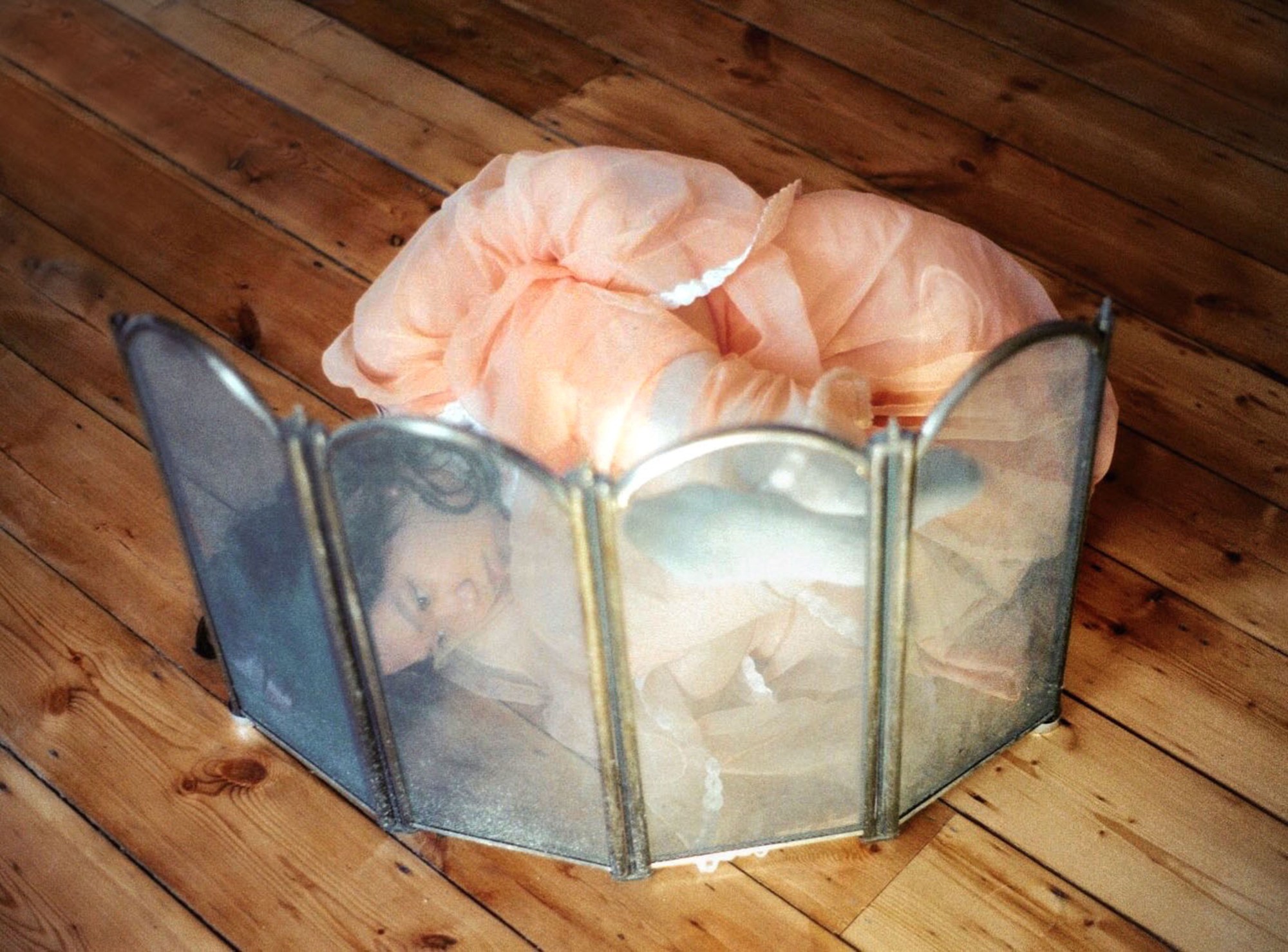
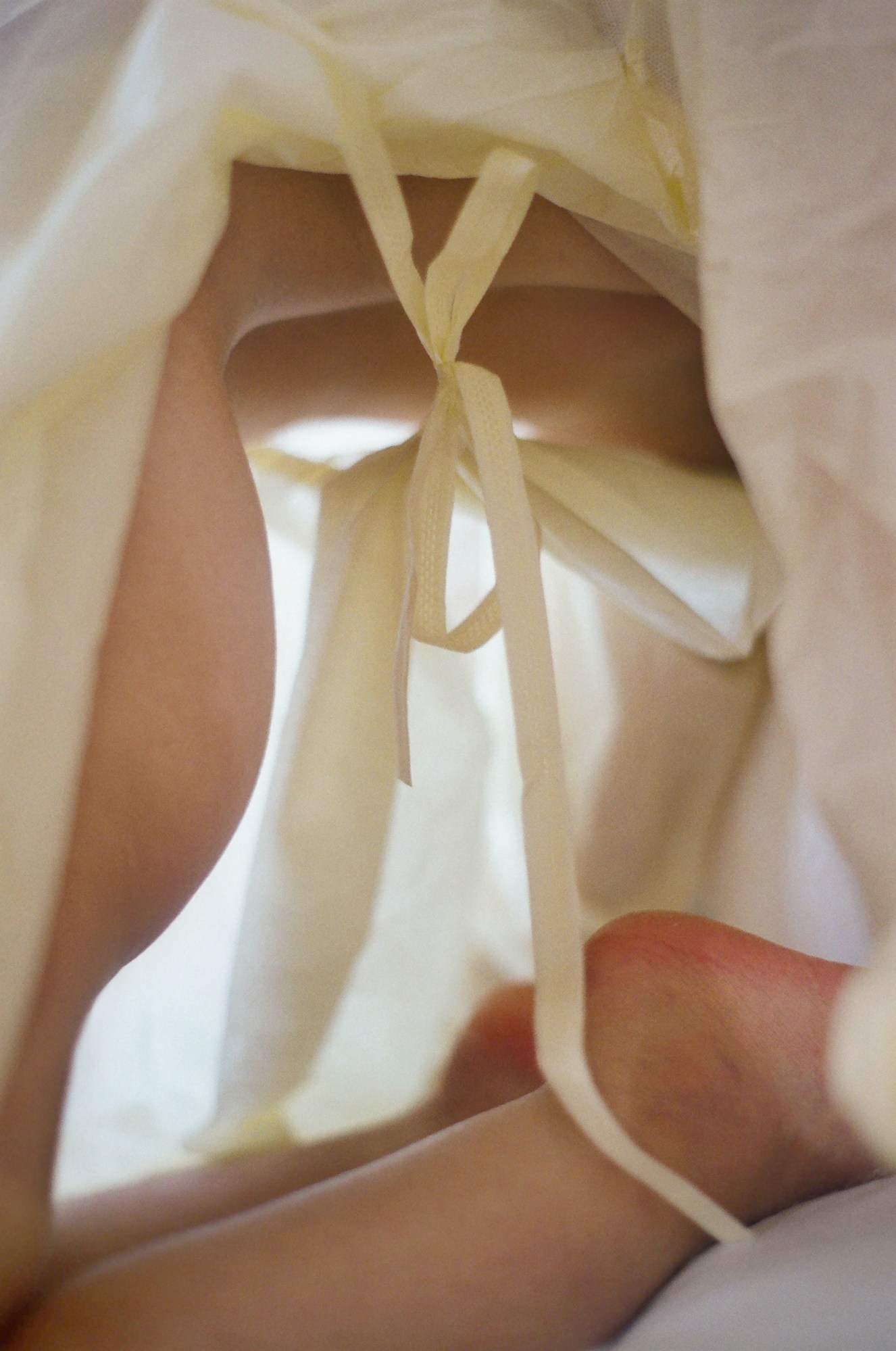
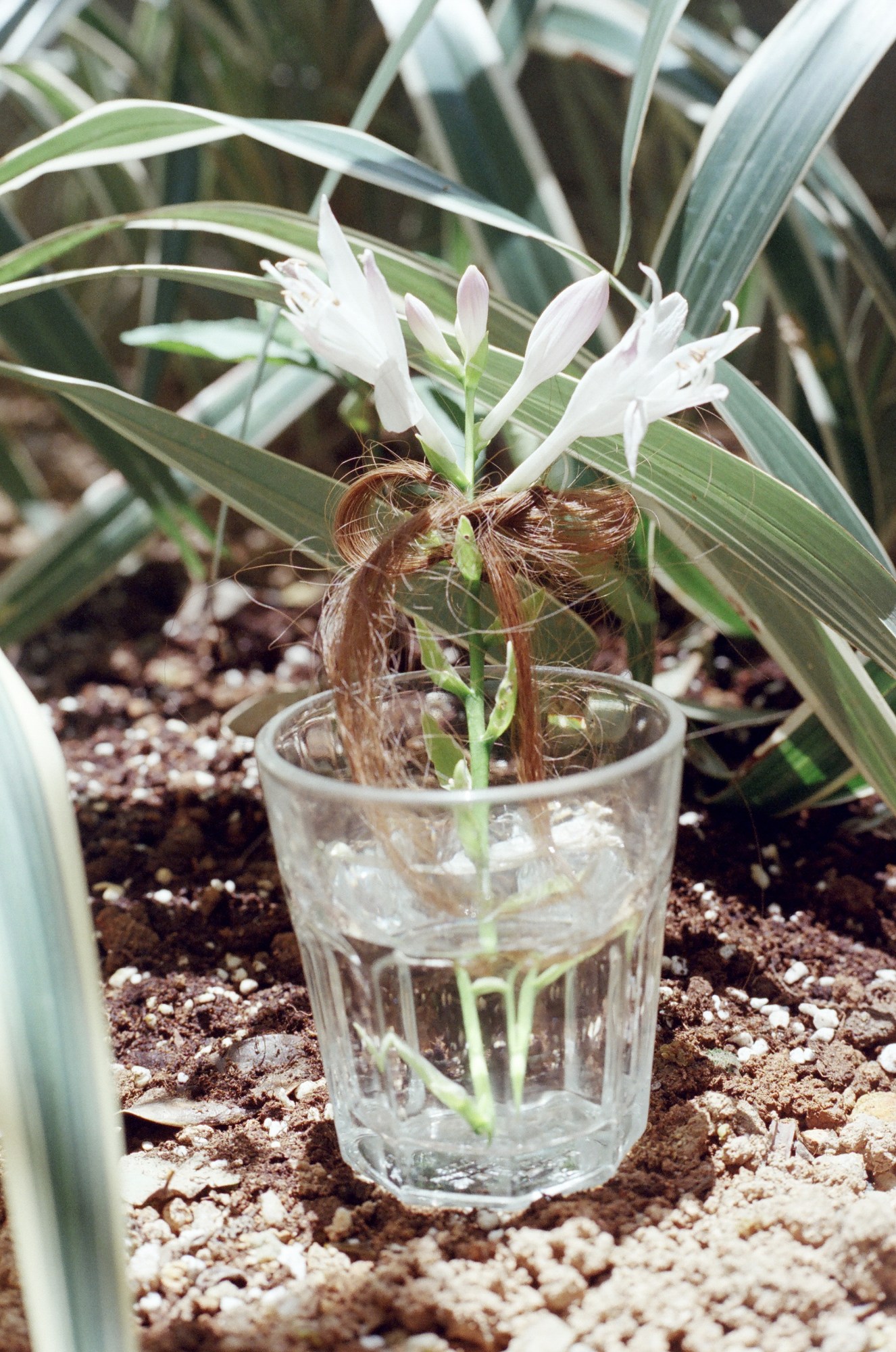
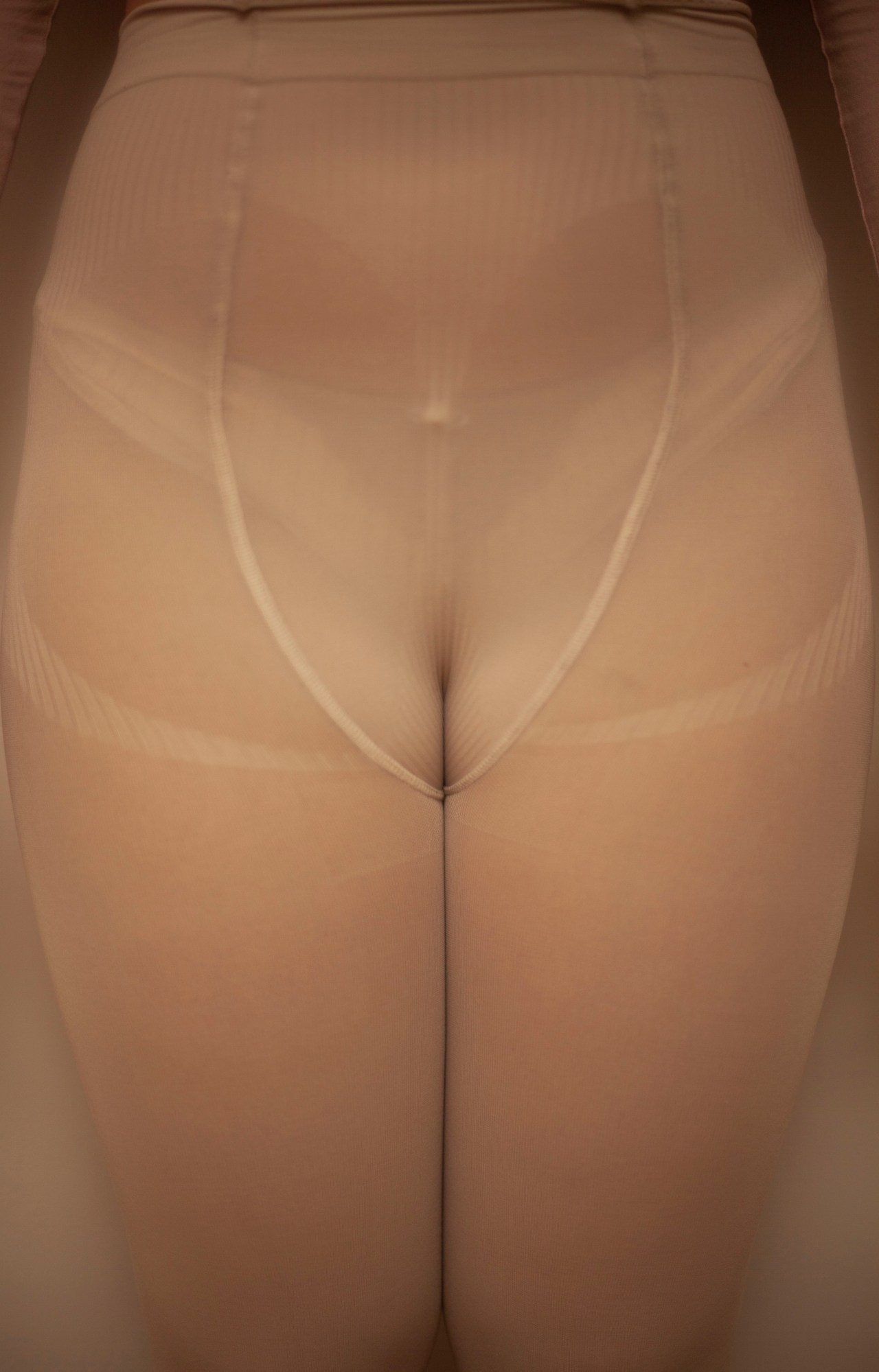
Credits
All images courtesy Lean Lui
